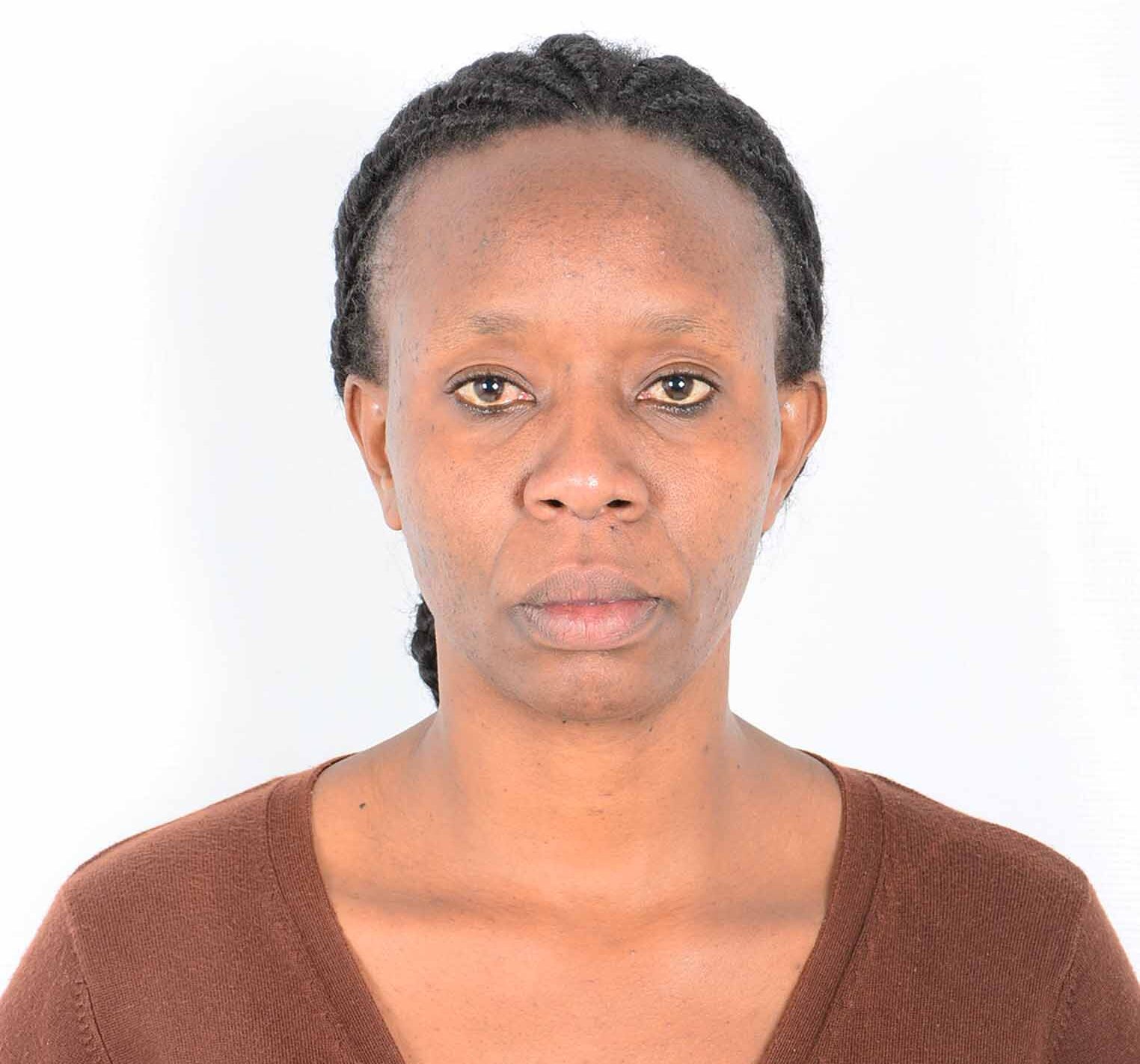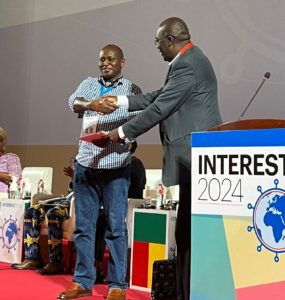My journey to becoming a researcher in malaria prevention and control began with the invaluable support of the Consortium for Advanced Research Training in Africa (CARTA), which not only funded my PhD tuition at the University of Nairobi but also provided me with high-level mentors. Their vast expertise and unwavering support were instrumental in shaping my PhD research. In addition, CARTA supported my initial post-PhD research career through a CARTA re-entry grant. This foundation paved the way for my first independent research grant from an external founder, which focuses on maximizing the benefits of Long-Lasting Insecticidal Nets (LLINs) through consistent utilization.
The re-entry grant that I received from CARTA in 2018 was part of the building blocks leading to the prestigious R01 grant from the National Institutes of Health (NIH). Titled “Real-world Impact of Next-Generation Insecticidal Nets for Malaria Control in Rural Western Kenya,” this grant marks a significant milestone in my academic and research journey. The grant amounting to over USD 600,000 commenced on April 1, 2024 and will continue until March 30, 2029, spanning five years.
The project will investigate the efficacy of Next Generation LLINs, which combine a pyrethroid with a synergist to combat insecticide resistance, an escalating threat to malaria control. With the World Health Organization now endorsing these nets, their distribution in high-burden counties in Kenya has set the stage for our research.
Our team leverages an existing longitudinal cohort of 500 individuals established in Webuye Sub-County in 2017 to assess the real-world impact of piperonyl-butoxide (PBO) nets. In recruiting the cohorts, we identified villages that were hotspots and coldspots for malaria and randomly sampled households while tracking malaria indicators. Our goal is to understand the human and entomological factors that may affect the nets’ effectiveness, ultimately informing strategies to maximize their impact.
Securing the R01 grant isn’t solely a personal achievement; it signifies an opportunity to contribute significantly to the fight against malaria. By studying the newly distributed PBO LLINs, we want to identify any factors that could reduce the effectiveness of these nets and address them early before they become a bigger problem.
I am forever grateful to CARTA for the opportunities that have propelled me towards my mission of eradicating malaria. CARTA’s support has been invaluable in my transformation into the research leader I aspired to be. I am committed to advancing our understanding of malaria control, aiming to not only save lives, but also to improve health outcomes in Kenya and beyond.
Judith Mangeni, Cohort 3
Senior Lecturer, Department of Epidemiology and Medical Statistics, School of Public Health, Moi University




